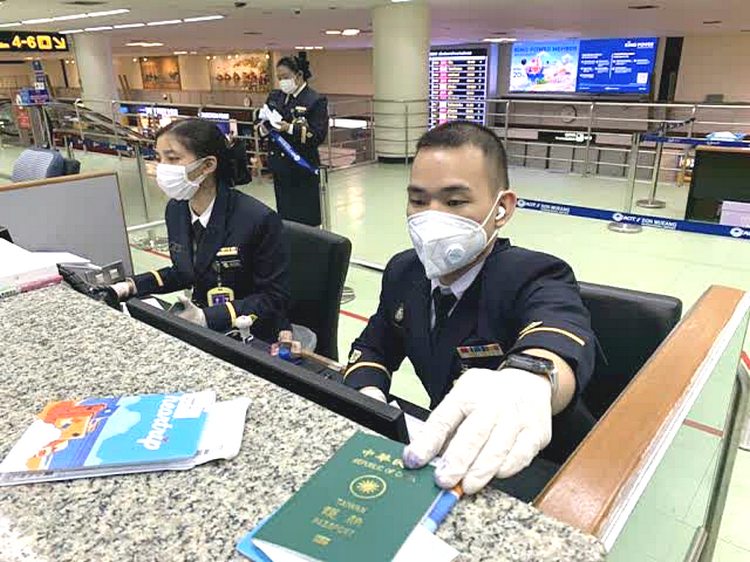
New prime minister Srettha Thavisin has specified that immigration reform will be a priority in the new government. Although Thailand in 2023 has already attracted over 17 million foreign visitors, she will need many more if the aim to boost tourism revenue to US$100 billion by the end of 2024. Entry policy in recent years has been set by the Cabinet and senior ministers with the immigration police bureau playing an enforcer rather than a policy-maker role.
The most urgent issue is to overhaul short-term tourist arrivals by simplifying the system. At present, the nationals of around 60 countries (including US, UK, EU, Australia) can receive 30 days visa exempt with a further 30 days on offer by visiting the local immigration office. The Tourist Authority of Thailand is urging that visa exempt should mean 90 days on entry without further ado. This might be an easier way to attract European snowbirds, rather than forcing them to apply for visas in advance, although it is not clear how many would be swayed by less bureaucracy.
A larger issue concerns the potentially mammoth markets of China and India. Currently they require a visa on arrival giving them just 15 days at a cost of 2,000 baht (US$57) with tour groups making the applications in their own countries before departure. The process is said to be cumbersome and some lobbyists want the new Cabinet to transfer these countries to a visa exempt status, initially for 30 days. The issue here is national security as there have been high-profile cases of criminality in Thailand by Chinese gangs. Most pundits think a trial run of visa exempt is more likely to apply to India rather than China.
On the expat front, Thailand Privilege Card has already announced its new packages for the Elite visa which start on October 1. Many social media commentators have criticized the huge hike in enrolment fees – a 50 percent rise for the five year option and several hundred percent for 20 years – but they are principally reacting from a European or American perspective. Elite management is confident that affluent Chinese and Russian citizens in particular will willingly pay the extra to be allowed to remain here without the requirement of returning to their home country.
Senior Thai police in recent months have predicted that the one year visas and extensions of stay – retirement, marriage and study – need a tightening up of the rules. Deputy national chief Surachate Halparn (Big Joke) has pointed to alleged abuses such as applicants borrowing money from agents or language schools deliberately ignoring non-attendance at classes. Not to mention the thorny issue of comprehensive medical insurance for all. Yet some pundits believe that the current systems will remain basically in place, perhaps with cosmetic changes such as more regular checking of expats’ Thai bank account balances, or extensive use of “grandfathering” which means giving existing expats immunity from any future rule changes. There may be too many vested interests and profiteering for an all-out assault on visa agents who are widely seen as essential to make immigration policy work. Sometimes in Thailand the more things change, the more they stay the same.






